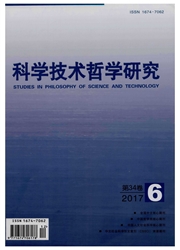

 中文摘要:
中文摘要:
人工智能未来发展瓶颈主要来自于塞尔的“中文屋论证”,即计算机只能进行句法加工而不是语义加工。塞尔的论证有两个缺陷,一个是构成悖谬,一个是碳基沙文主义。意向性或语义并不是单独建立的而是突现生成的。计算机加工的是高级突现的语义符号,具有认知属性。人工智能未来发展还是要重视符号表征主义和计算主义理论,即聪明产生于愚笨。
 英文摘要:
英文摘要:
The bottleneck of future artificial intelligence (AI) development results mainly from John Searle' s "Chinese Room Argument", that is, the computer can only play a role in syntactic processing, instead of se- mantic manipulation. There are two weaknesses in Searle' s argument : one is Fallacy of Composition, while the other is Carbon Chauvinism. Intention or semantic approach cannot be constituted by itself but the result from e- mergence. What a computer processes is symbols emerged at higher levels, which possesses cognitive property. The future development of artificial intelligence should pay more attention to the theories on symbol representation and computation, because smartness results from foolishness.
 同期刊论文项目
同期刊论文项目
 同项目期刊论文
同项目期刊论文
 期刊信息
期刊信息
